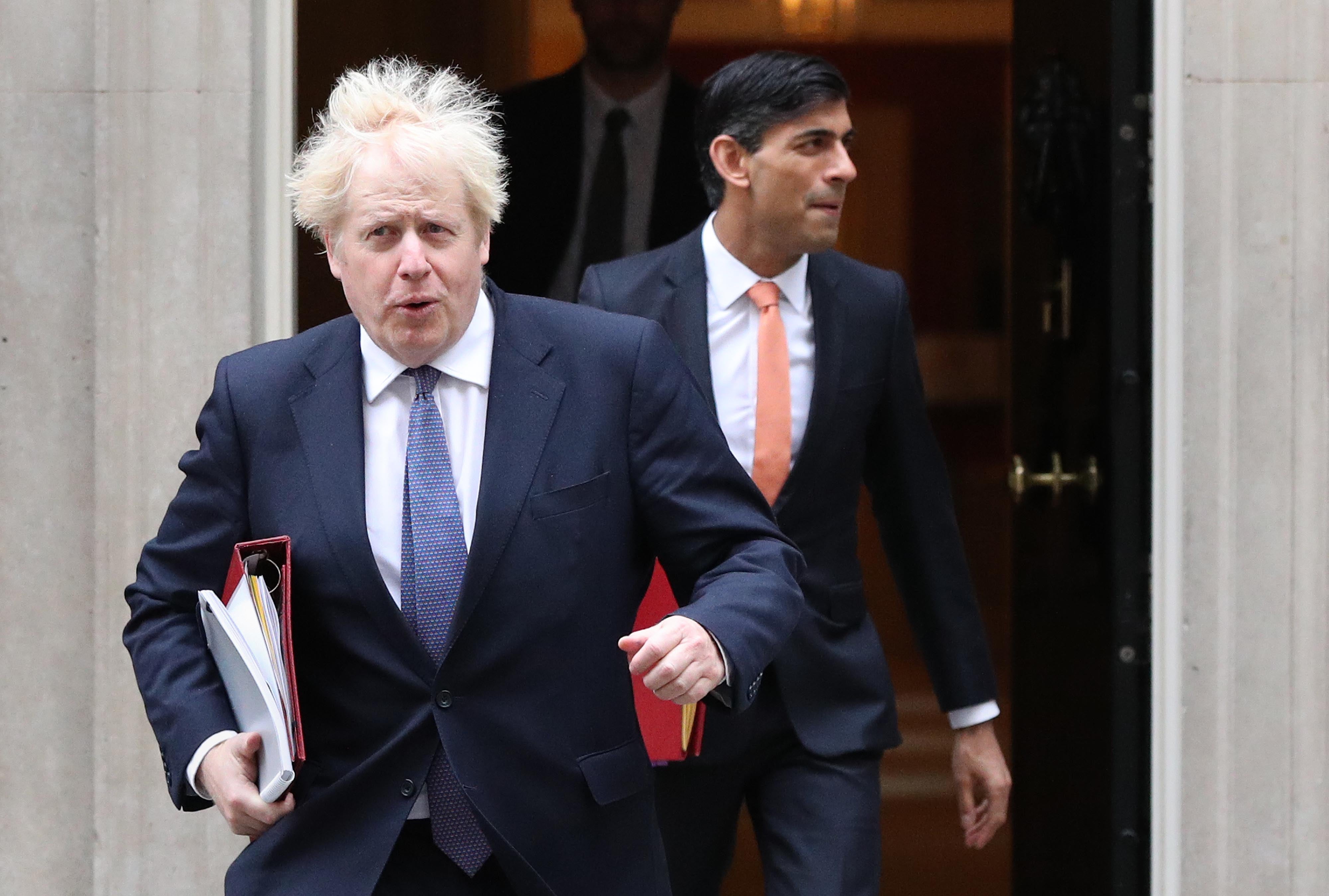Britain heading for biggest cut to social security since WWII, think tank warns
‘It is levelling down, not levelling up’

Britain is heading for the biggest cut to the basic rate of social security since the creation of the welfare state at the end of World War II, a leading think tank has warned.
Boris Johnson’s ministers must use the parliamentary recess to rethink plans to cut universal credit by £20 a week in October, said the Joseph Rowntree Foundation (JRF).
New analysis from JRF shows how damaging the changes will be to working families – who make up the majority of those who will be affected by the looming cuts to universal credit and the working tax credit.
In the JRF’s illustrative scenario, a family with three children, where one adult is working full-time, and the other is working part-time, living in a medium cost area, would be left £150 per month below the poverty line if the planned cuts go ahead.
Katie Schmuecker, deputy director of policy for the JRF, said: “The new analysis should act as a stark warning of the immense, immediate and avoidable consequences of what amounts to the biggest overnight cut to the basic rate of social security since the Second World War.”
She added: “Ministers cannot hide the fact that they are ploughing ahead with a cut despite knowing it will be devastating for millions of families.”
The reversal of the £20-a-week uplift in universal credit – introduced at the outset of the coronavirus lockdown last year – will cost £1,040 a year for some of Britain’s poorest families, including many in low-paid jobs.
The planned cut to the incomes of around six million families would be a huge shock, said the JRF. It warned that half a million more people are set to be pulled into poverty, including 200,000 children.
New analysis by the TUC said shows that universal credit cuts will impact heavily on low-paid people in work, even in wealthier parts of the UK.
In chancellor Rishi Sunak’s constituency of Richmond in North Yorkshire nearly half (48 per cent) of people receiving universal credit are in work. And in Mr Johnson’s constituency of Uxbridge and South Ruislip around two-fifths (38 per cent) of recipients are in work.
TUC general secretary Frances O’Grady said: “Everyone should have enough money to live on. But if the universal credit cut goes ahead, millions of working families – and key workers – will be forced to get by on much less every week. It is levelling down, not levelling up.
“Ministers should abandon this cruel cut that will hit low-income working families. We need a social security system that helps people get back on their feet - not one that locks them in poverty.”
A government spokesperson said: “Universal credit has provided a vital safety net for six million people during the pandemic, and we announced the temporary uplift as part of a £400 billion package of measures put in place that will last well beyond the end of the road map.
“Our focus now is on our multibillion-pound Plan for Jobs, which will support people in the long term by helping them learn new skills and increase their hours or find new work.”
Subscribe to Independent Premium to bookmark this article
Want to bookmark your favourite articles and stories to read or reference later? Start your Independent Premium subscription today.

Join our commenting forum
Join thought-provoking conversations, follow other Independent readers and see their replies